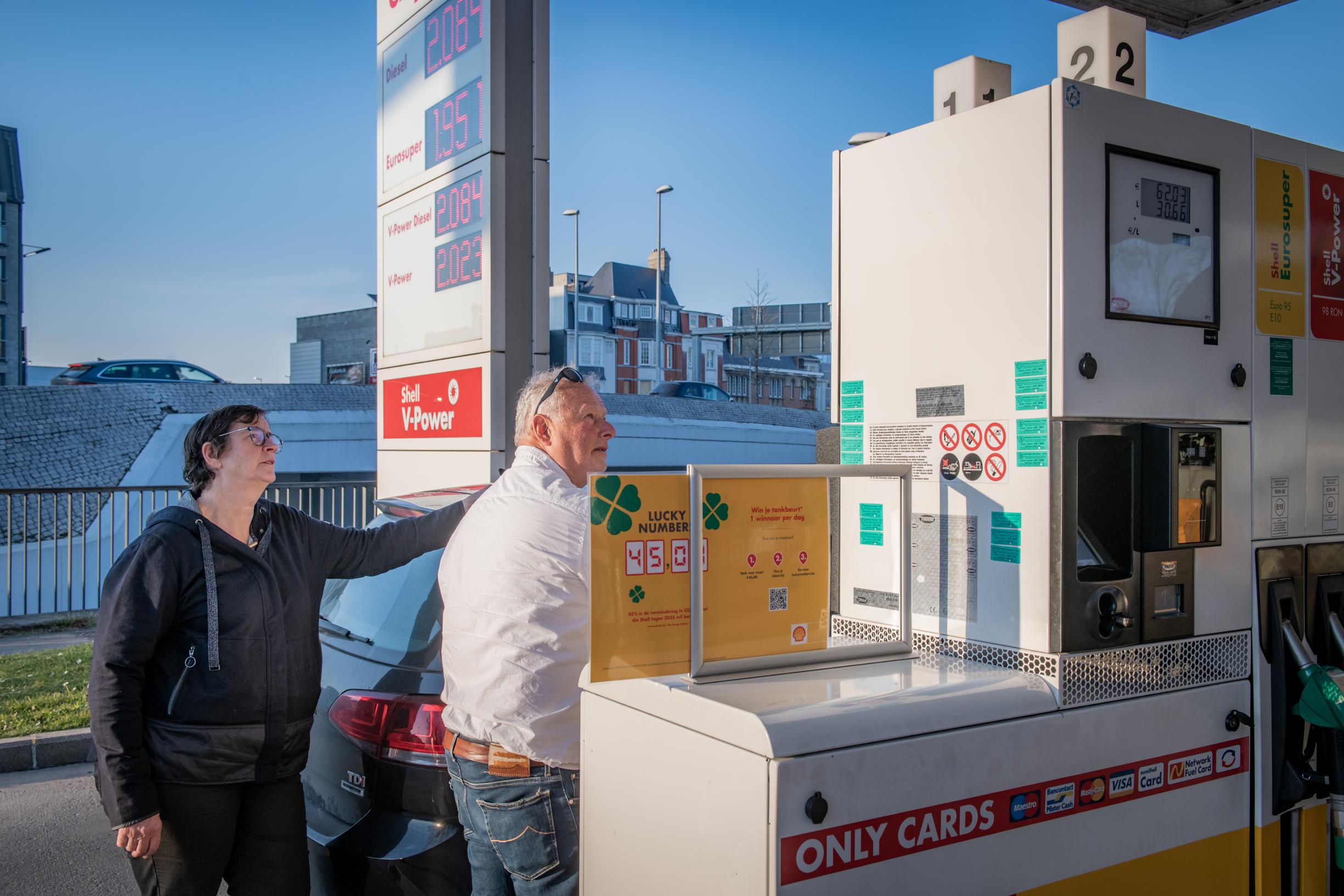Belgium should abolish the system of maximum prices for motor fuels as soon as possible. That is what the International Energy Agency (IEA) advises in a review of Belgian energy policy.
–
The current system, in which the government determines the maximum prices for petrol and diesel, among other things, hinders competition and the introduction of renewable fuels, the IEA writes in its extensive and critical review. That is why it would be best to strike a line as soon as possible.
The maximum prices are set for motor fuels, but also for heating oil, kerosene, propane and LPG (except when sold in bottles). In most member states of the IEA, the government has long since withdrawn its hands from pricing in the fuel market. This resulted in a dynamic motor fuel market with no negative impact on consumers.
The system of maximum prices creates administrative costs for both the government and the oil companies, while there are no obvious benefits. The IEA notes that the diesel price in Belgium is one of the highest of the IEA member states.
Too dependent on fossil fuels
Another disadvantage is that the system ‘raises a potential barrier’ to the breakthrough of sustainable biofuels, because there is no reference price for them. It is not the first time that the IEA has called for the abolition of price caps. This also happened in the audits that were carried out in 2016 and 2013. The sector itself is also in favor of free pricing. recently pale that the system of maximum prices forced gas stations to sell fuel at a loss, although that too is prohibited by law.
In its extensive report, the IEA is quite critical of Belgian energy policy. ‘Although there have been successes in the energy transition, Belgium remains highly dependent on fossil fuels. According to the government, the demand for them will continue to rise until at least 2030. All sectors still have a lot of work to do to achieve the targets for renewable energy consumption and emission reductions,’ writes IEA CEO Fatih Birol in his foreword.
Adjust national targets
The report contains dozens of recommendations, of which the removal of caps on fossil fuel prices is just one. Belgium must, above all, urgently work on adjusting the national targets, because the European Union has tightened up its climate ambition to a 55 percent reduction in emissions by 2030.
The IEA also recommends reforming energy support for vulnerable households towards more renewable energy consumption. Taxes on energy also need to be overhauled, including by removing a large number of levies and taxes from the electricity price.
The fact that electricity is expensive in Belgium, while gas was cheap until recently, hinders the energy transition. The IEA also believes that the procedures for infrastructure works are now too heavy, which contributes to slowness and slows down the energy transition. The connection of the second wind turbine zone to the North Sea in particular should not be delayed, the IEA warns.
Kama Moves: Stoking for your life
–


